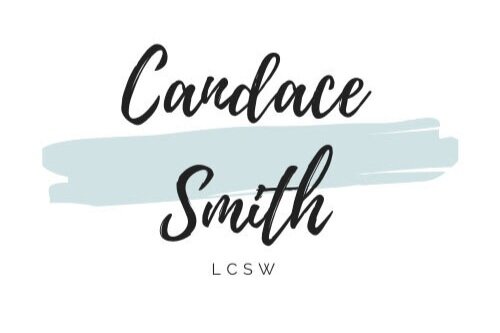Relationships
It all started when…
I started dating in college. However, whenever the relationship starts to get close, I do something to blow it up. I need to figure out why in the world I am doing that.
How Borderline Personality Disorder Affects Relationships
Borderline personality disorder (BPD) is a mental illness that is marked by impulsive behavior and extreme mood swings.
People with BPD often have very rocky relationships, especially with those closest to them. Because they have such volatile moods, they may be especially affectionate one moment and then very angry the next.
BPD causes people to be extremely sensitive, so if someone very close to them says or does something that would be mildly upsetting to someone without the disorder, the person with BPD reacts with anger or extreme hurt. They may even threaten suicide.
In the past, therapists often refused to treat people with borderline personality disorder because there were no effective treatments and these patients would often turn their frustration onto the therapist. Luckily, we now have very practical treatments.
How Dialectical Behavior Therapy (DBT) Can Help Those with BPD
Most people realize that their feelings will eventually stabilize after struggling through any emotional distress. But a person with BPD feels that they will have this distressed feeling forever. If the people around them don’t understand that they have a mental health disorder, the person with BPD will quickly feel isolated and misunderstood.
DBT helps these clients learn to accept their emotions and teaches them how to better manage them. Even though people with BPD have extreme feelings and their brain processes emotions differently, there is nothing wrong with that. They just need to find healthy ways to cope.
Dialectical Behavior Therapy is a structured outpatient treatment program developed by Dr. Marsha Linehan. It’s based on cognitive-behavioral principles and is currently the only scientifically supported treatment for BPD.
Traditional DBT teaches behavioral skills that target some of the common symptoms of BPD, including chaotic relationships, fear of abandonment, impulsivity such as self-injurious behaviors, and emotional lability (the rapid, often exaggerated changes in mood, such as, uncontrollable laughing or crying, or heightened irritability or temper).
These skills include mindfulness, interpersonal effectiveness, emotion regulation, and distress tolerance.

